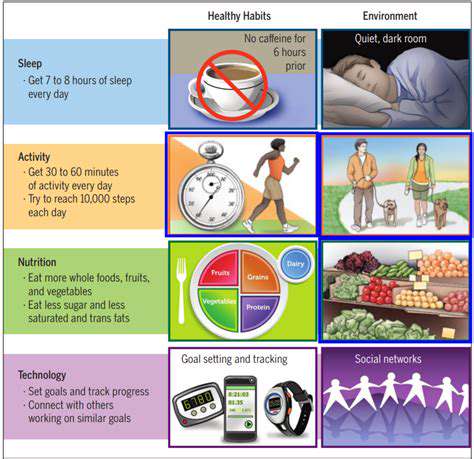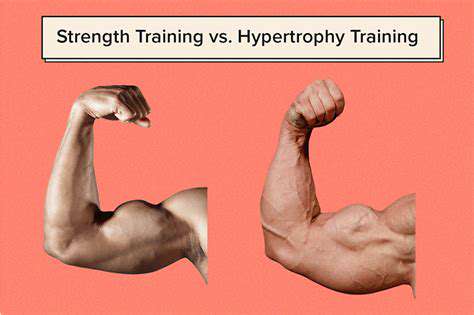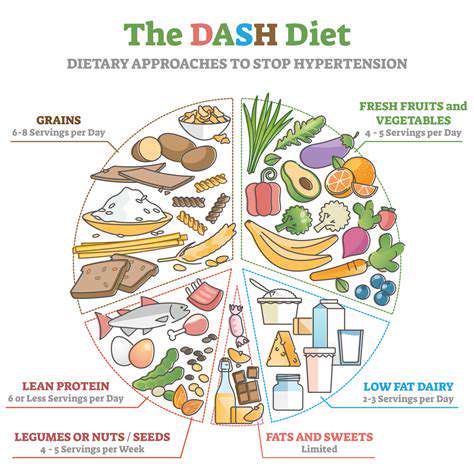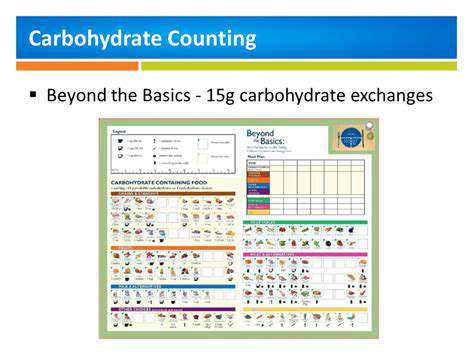Guide to Managing Crohn's Disease
Laboratory analyses of blood and fecal samples can additionally supply critical data concerning inflammatory markers and potential infections. Such testing assists both in diagnostic confirmation and disease activity monitoring throughout treatment phases.
Treatment Options for Crohn's Disease
Therapeutic interventions for Crohn's disease concentrate on symptom control, inflammation reduction, and complication prevention. Pharmaceutical treatments including corticosteroids, immunosuppressive agents, and anti-inflammatory medications are routinely administered to manage inflammation and alleviate symptoms.
Surgical solutions might become necessary in particular instances, especially when complications develop or medications prove ineffective. Surgical approaches can entail resection of affected digestive tract segments, requiring meticulous evaluation of each patient's unique circumstances.
Living with Crohn's Disease
Navigating daily life with Crohn's disease introduces distinct obstacles affecting routine activities, social engagements, and general wellness. Condition management frequently demands lifestyle adaptations, nutritional adjustments, and stress reduction methods. This necessitates a holistic strategy incorporating medical treatment, lifestyle decisions, and psychological reinforcement to effectively address the condition's challenges.
Establishing robust support networks comprising relatives, friends, and specialized support communities can dramatically enhance life quality for Crohn's disease patients. Such networks offer understanding and motivation that facilitate coping with this chronic illness's complexities.
Prevention and Future Research
Presently, no established methods exist for preventing Crohn's disease. Nevertheless, continuous scientific investigation explores potential preventive approaches and factors linked to the condition's development. Researchers are examining genetic components, environmental exposures, and immune system functions in Crohn's disease pathogenesis.
Scientific progress may yield enhanced comprehension of disease mechanisms, potentially resulting in novel, more effective treatments and preventive protocols. This relentless knowledge pursuit remains vital for improving outcomes among those affected by Crohn's disease.
Lifestyle Modifications for Improved Well-being

Dietary Changes for Improved Well-being
Implementing a nutritionally balanced eating plan proves fundamental for comprehensive health enhancement. This entails integrating diverse fruits, vegetables, lean protein sources, and whole grains into regular meals. Minimizing consumption of processed food items, sugar-laden beverages, and excessive saturated fats can produce substantial health benefits. A wholesome dietary regimen supports weight regulation, increased vitality, and fortified immune function.
Additionally, practicing mindful portion management holds equal significance. Maintain awareness of food quantities consumed and avoid excessive intake. When combined with balanced nutrient consumption, this approach fosters healthier living patterns. Gradual, sustained modifications to eating habits can generate impressive long-term outcomes.
Stress Management Techniques
Persistent stress adversely affects both physical and psychological health. Adopting stress reduction methods becomes imperative for holistic wellness. Effective techniques incorporate deep breathing practices, meditation sessions, yoga routines, and nature immersion. Consistent application of these methods helps diminish stress hormone levels and induces relaxation responses.
Mastering effective stress coping strategies remains critical for sustaining healthy lifestyles. Recognizing personal stressors and developing appropriate management approaches represent essential steps in this process. Discovering constructive stress relief mechanisms proves crucial for preventing exhaustion and preserving optimistic perspectives.
Physical Activity and Exercise
Regular bodily movement maintains healthy weight parameters, enhances cardiovascular performance, and elevates emotional states. Target completing either 150 minutes of moderate aerobic activity or 75 minutes of vigorous aerobic exercise weekly, complemented by muscle-strengthening sessions twice weekly. Physical exertion substantially improves general health and wellness indicators.
Identify enjoyable activities such as power walking, aquatic exercises, dance routines, or bicycling. Maintaining consistency determines achievement of intended benefits. Incorporating movement into daily schedules, even through brief intervals, creates meaningful health improvements.
Sleep Hygiene and Quality
Sufficient sleep duration facilitates physical and mental recovery. Emphasizing proper sleep practices dramatically enhances rest quality. Implement consistent sleep timetables, establish calming pre-sleep rituals, and optimize bedroom conditions for sleeping—ensuring darkness, quietness, and cool temperatures.
Hydration and Water Intake
Adequate fluid consumption supports numerous physiological processes including digestion, nutrient assimilation, and thermal regulation. Transport reusable water containers and consciously hydrate throughout waking hours. Maintaining proper hydration levels constitutes a basic wellness requirement.
Ample water consumption assists weight control efforts, boosts energy reserves, and improves dermal health. While eight daily glasses represents a common recommendation, individual hydration requirements demonstrate variability.
Mindfulness and Meditation Practices
Mindfulness and meditation disciplines effectively diminish stress while promoting mental acuity. These practices center on present-moment awareness without critical judgment. Regular mindfulness engagement sharpens concentration, alleviates anxiety, and amplifies general wellness.
Integrating mindfulness into everyday routines enhances emotional control, decreases negative thinking patterns, and increases self-understanding. Since multiple mindfulness methods exist, identifying suitable approaches remains important.
Social Connection and Support
Meaningful interpersonal relationships and support frameworks significantly influence emotional health and comprehensive wellness. Cultivating healthy connections with relatives and peers, plus community involvement, profoundly affects psychological and emotional states. Nourishing these bonds provides belongingness and emotional reinforcement.
Social engagement and support mechanisms mitigate stress impacts while fostering resilience. Interpersonal connections supply valuable viewpoints, compassion, and motivation. Developing substantial support structures proves indispensable for overcoming life obstacles and sustaining constructive attitudes.












![How to Read Nutrition Labels Correctly [Expert Tips]](/static/images/26/2025-06/MakingInformedChoices3ATakingControlofYourDiet.jpg)